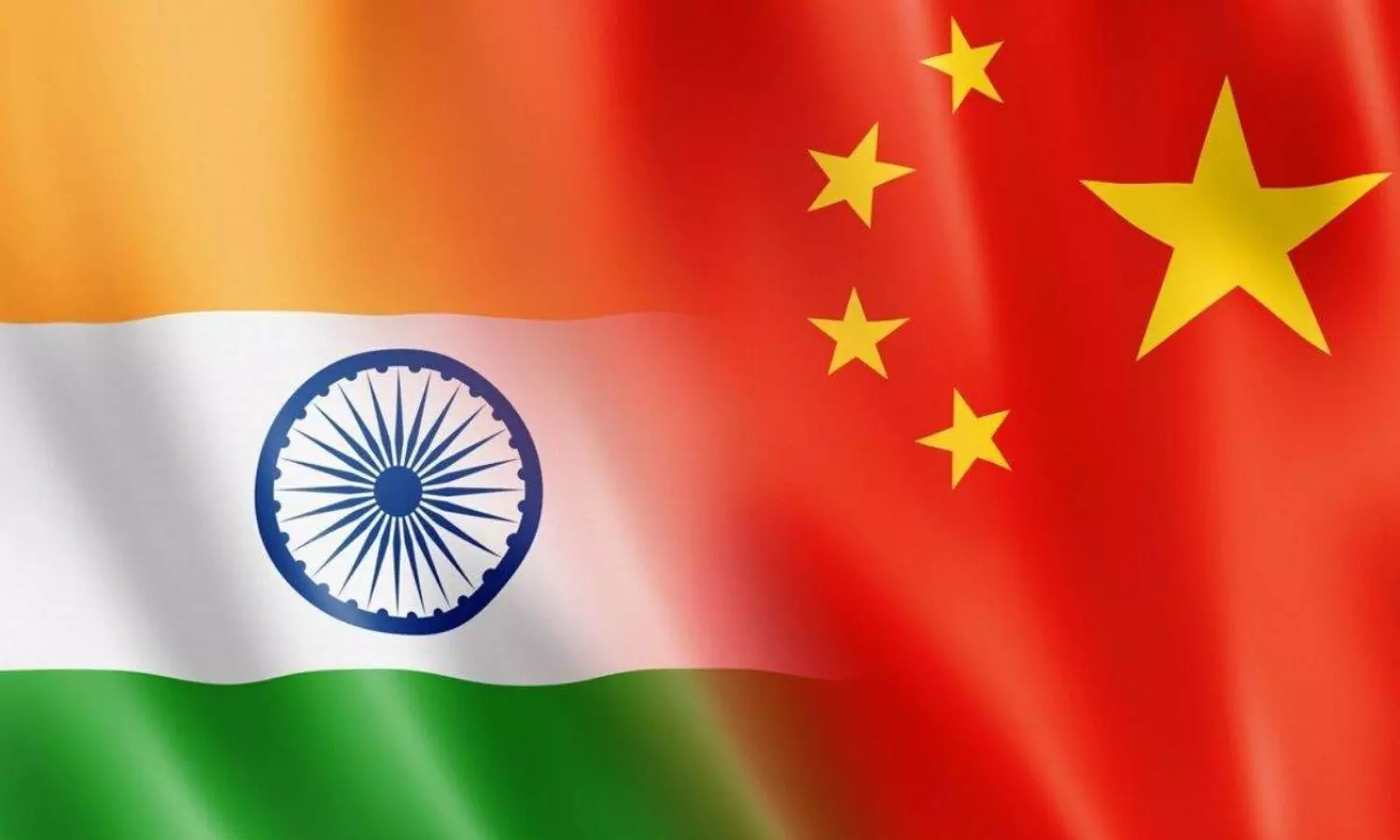India and China Reach Agreement on Patrolling Along LAC, Paving the Way for Disengagement
On Monday, Foreign Secretary Vikram Misri announced that India and China have come to an agreement regarding patrolling arrangements along the Line of Actual Control (LAC).
LAC

In a significant breakthrough, the government announced on Monday that India and China have reached an agreement to resume patrolling along the Line of Actual Control (LAC) in eastern Ladakh, a move that is expected to lead to disengagement. This announcement comes ahead of Prime Minister Narendra Modi's visit to Russia for the 16th BRICS Summit, where he may have discussions with Chinese President Xi Jinping.
“Over the past several weeks, Indian and Chinese diplomatic and military negotiators have engaged closely across various forums. As a result of these discussions, we have arrived at an agreement on patrolling arrangements along the LAC, which is a step towards disengagement and ultimately resolving the issues that arose in these areas in 2020,” said Foreign Secretary Vikram Misri.
When asked about a potential bilateral meeting between PM Modi and President Xi on the sidelines of the upcoming Summit in Kazan on October 22-23, the Foreign Secretary replied, "We are still coordinating the timing and engagements."
The Indian and Chinese militaries have been in a standoff since May 2020, with New Delhi seeking to restore the status quo along the LAC to pre-2020 conditions. The current agreement focuses on patrolling in the Depsang and Demchok areas. Previously, the two countries had withdrawn from four of six friction points in eastern Ladakh, including the Galwan Valley, which was the site of a violent clash in June 2020—the most serious military conflict between the two nations in decades.
Last month, External Affairs Minister S. Jaishankar indicated that about 75 percent of the disengagement issues at the border with China had been addressed. Both countries have also committed to working with "urgency" to ensure complete disengagement. This was emphasised after National Security Adviser Ajit Doval's meeting with Chinese Foreign Minister Wang Yi on the sidelines of a BRICS high-level security meeting in St. Petersburg last month, where Doval stressed that peace and tranquillity in border areas and respect for the LAC were vital for normalising bilateral relations.
The Galwan clash on June 15, 2020, which was a physical confrontation without the use of firearms, resulted in the deaths of 20 Indian soldiers, including a Colonel. While China has acknowledged only four casualties, estimates suggest that up to 40 PLA personnel may have died in the incident. This confrontation was the deadliest since the 1962 war and marked a significant downturn in China-India relations, leading to profound changes in the geopolitical landscape and impacting regional stability and global geopolitics.

